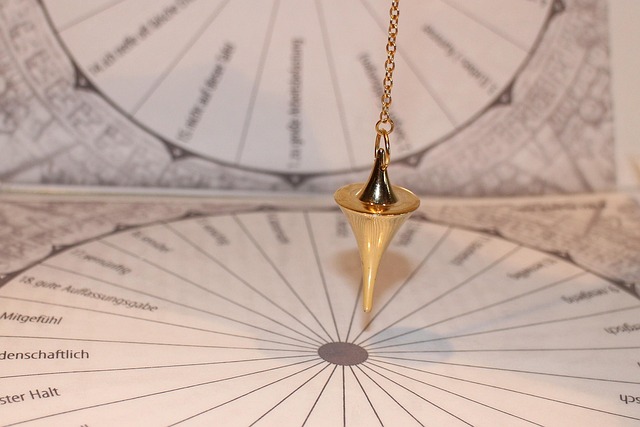In the vast landscape of music genres, few evoke the depth of human emotion quite like the blues. The roots of the blues are steeped in sorrow, weaving tales of heartache and loss that resonate universally. This genre, emerging from the African American communities in the Deep South, encapsulates a rich history filled with the struggles and triumphs faced by its creators. But beyond just a musical style, blues serves as a poignant reflection of human experience, specifically our encounters with sorrow.
At its core, the blues offers a cathartic experience, allowing both artists and listeners to confront their own feelings of grief and melancholy. The soulful wails of a guitar and the mournful rasp of a singer’s voice transport us to a world where sorrow is not just acknowledged but celebrated. Artists like B.B. King and Etta James masterfully captured the essence of sorrow, translating it into melodies that linger in the air long after the last note fades.
Music culture, particularly in the context of a gathering or party, often finds itself grappling with this duality. While the atmosphere may pulse with the liveliness of a celebration, the underlying threads of sorrow are woven into the fabric of the songs played. It’s in these moments of joy that we remember those we’ve lost, the love that slipped away, or the dreams unfulfilled. The bittersweet nature of blues music allows attendees to embrace their feelings fully, creating a unique blend of joy and sorrow on the dance floor.
As we explore the various expressions within the blues genre, we uncover sub-genres like Delta blues, Chicago blues, and even modern interpretations that continue to evoke profound emotion. Each variation showcases not just technical skill but also a raw vulnerability that speaks to the heart. Musicians pour their stories and emotions into every chord, ensuring that the bittersweetness of sorrow becomes part of the collective experience.
The cultural significance of blues music extends beyond just entertainment; it forms a communal space for individuals to share their pain and find solace in harmony. Blues clubs, often dimly lit with a stage glowing warmly, provide an intimate atmosphere where connection thrives. Here, strangers become friends as they bond over shared heartaches, highlighting the power of music to unite us in our sorrow.
Even as modern interpretations of the blues emerge, the fundamental theme remains unchanged. The genre continues to influence contemporary artists across various styles, proving that sorrow is an eternal muse. From hip-hop to rock, the echoes of blues can be found, reminding us that every celebration might carry shades of sadness underneath.
In the end, the blues serves not just as a genre of music but as a cultural phenomenon that invites us to embrace our sorrow. Through every strum and lyric, we are encouraged to confront our feelings, find companionship in shared experience, and revel in the beauty of the human condition. Music, in all its forms, embodies the mixed tapestry of emotions we live through, and the blues shine a light on the bittersweet reality of life.




